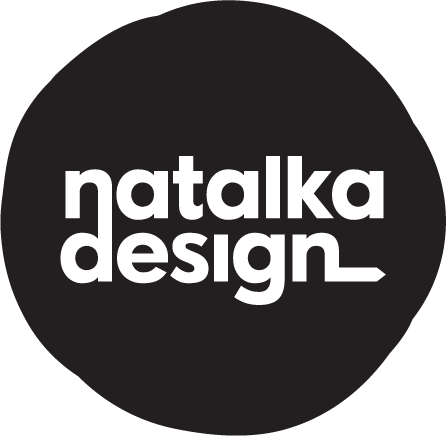Working From Home
Intro
Working from home is something many of us had to confront suddenly at the beginning of last year as more and more businesses sent staff home if they were able. When lockdowns began crashing down across the globe, everyone who was able soon found themselves working from home.
Let’s take a look to see the pros and cons of this new age of remote working and what it means for the future of Business.The Beginning of Working from Home
The beginning of working from home could technically be traced back to the earliest hunter-gatherers. In Fact until the industrial revolution many people would work from their own homes as tanners, farmers and various other traditional skills
After WW2 women who had experienced life in the workforce and missed the experience. took on multi-level marketing jobs. These could be easily performed from home, from here, remote working began to take hold. These also lead to the rise of a few small businesses as these women would sell items they created as well as hosting “sale parties” reinforcing working from home yet further.
Over the next few decades remote working would quietly sit in the background. Things like Telecommuting allow for more and more people to work from home. Whilst there was some push back, the decades would roll on and Working from Home would evolve.
Computers finally made this yet more plausible and by the 2000s remote working really bagan coming into its own. Various jobs are not just possible to do at home but also preferable.
The 2010s saw yet another continuation of this as well as making it easier for new businesses to rise from the internet and the comfort of peoples own homes. Continuing the traditions of those pioneering women in the 1950’s.
Then, in March of 2020, Working from Home would see its most drastic increase since its inception (although technically 100% of the population once worked from home). The Pandemic had sent everyone home and we had to get used to for most of us, a new way of working.Zoom, Zoom, Zoom
“Can you hear me? Is my camera on, no you're frozen” Something we’ve all heard over the past year. Zoom is a name that we have all become well rehearsed in saying. Walking to the desk of a colleague has become an email or a video chat on the phone.
The odd thing is, by this point, it's something we are all used to. Working from Home has become the norm and it has opened up various opportunities. Obviously the largest upside is a huge reduction of the cost of renting large office buildings.
Multiple companies have simply given staff personal work computers and sold their properties or cancelled their leases. Google and Facebook openly saying they aren’t expecting to move staff back to the office enmass until 2022.
For people working from home it means they don’t have to struggle with the early morning commute and the stress that comes with that. Having a small office set up can allow people to work in a far friendlier environment, speaking of which, the lack of transmissions from cars is actually better for the environment!
This leads simply to the fact many employees found themselves saving much more money and able to multitask, helping to improve the work life balance far more than more traditional working. Yet, it's not all sunshine and rainbows.Missing the Office
The kids are in their rooms taking their schooling virtually, the dog is napping in the living room. Once you finish your morning meetings you don’t get to laugh with Tony as you walk to your desk. Janice doesn’t annoy you as she twirls her fidget spinner all day. Loneliness is something many people have had to deal with over the course of the pandemic and it's something that can’t easily be fixed during this period of remote working.
Another issue is simply that many people can easily lose focus if not in an office environment where they are being monitored. However some people will be less distracted and find themselves able to double down on the work they have set.
Many people have also found that they may work longer or more sporadic hours rather than a regular nine to five job purely of their own accord. This is not as widespread but it is worth noting that people are working in a way more natural to them.
Then looking at the real hammer is the lack of personal relationships overall. It can be almost impossible to form any kind of relationships with colleagues when there is no face to face connection.
With this in mind, should we go back to the office?Back to the Office or Staying Home?
No, well yes, it's a complicated question that means weighing the pros and the cons heavily. Yet these pros and cons often conflict with each other and really vary from person to person.
On the one hand, people tend to be more productive and it's better for the environment. People can also spend more time with families and it also helps minimise peoples risk of infection during the pandemic.
On the other hand, mass social webs can slowly collapse and people can find themselves feeling more and more lonely, especially if they live alone. People could also find themselves distracted with no motivation.
The seemingly easy answer is to perform a mixture of remote working and office work. Yet this immediately removes several of the pros of working from home. In all honesty remote work is likely to be the future for most industries where it can be applied effectively. Many companies have had over a year to experiment with working from home and as we transition out into a Post-Pandemic world its best to make the decision that fits your business the best.
